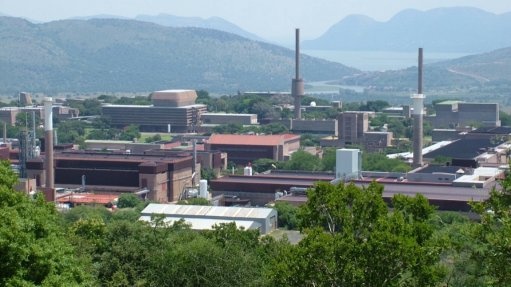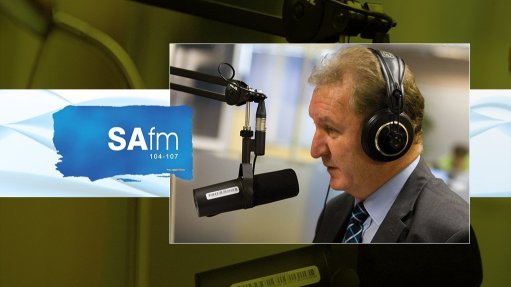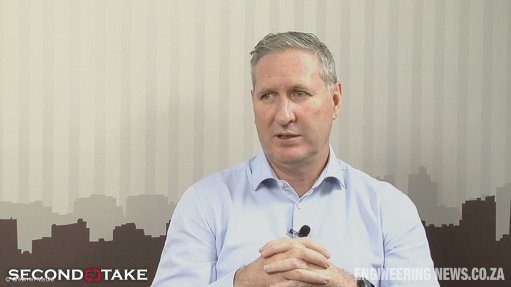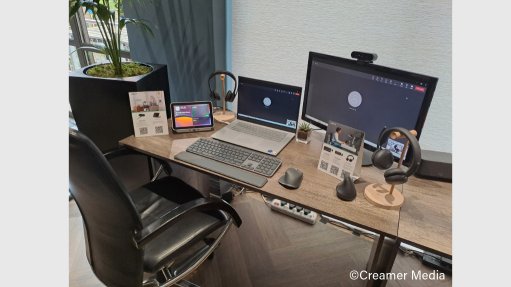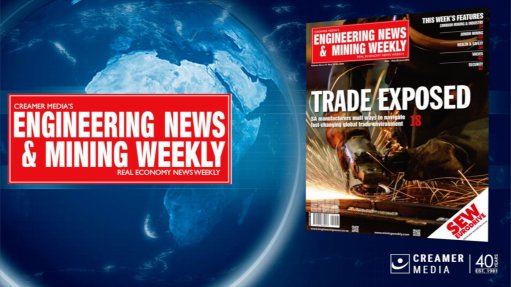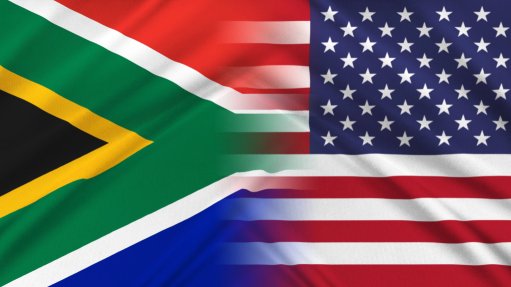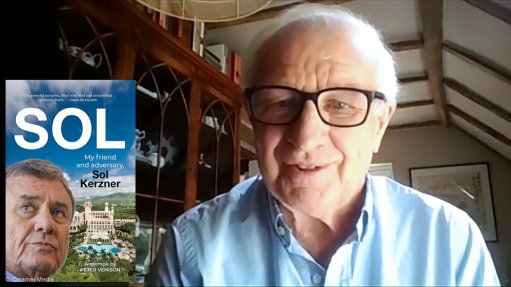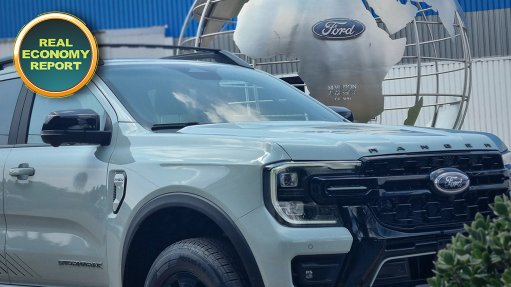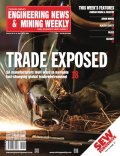Iata has launched industry-wide methodology to calculate airline carbon dioxide emissions
The global representative body for the airline industry, the International Air Transport Association (Iata), has launched a methodology to calculate the amount of carbon dioxide (CO2) emissions generated per passenger during a specific flight. Called the ‘Iata Recommended Practice Per-Passenger CO2 Calculation Methodology’, it is the first such methodology developed by the airline industry itself.
“Airlines have worked together through Iata to develop an accurate and transparent methodology using verified airline operational data,” highlighted Iata director-general Willie Walsh. “This provides the most accurate CO2 calculation for organisations and individuals to make informed choices about flying sustainably. This includes decisions on investing in voluntary carbon offsetting or sustainable aviation fuel (SAF) use.”
Companies, travel agents and the passengers themselves are increasingly insisting on precise information on the amount of CO2 emitted during their flights. For the business sector, this demand is driven by the need for such information to be factored into their voluntary emissions reduction target calculations. The need to supply such information made the development of a standardised and accurate calculation methodology a necessity.
“The plethora of carbon calculation methodologies with varying results creates confusion and dents consumer confidence,” he pointed out. “Aviation is committed to achieving net zero by 2050. By creating an accepted industry standard for calculating aviation’s carbon emissions, we are putting in place essential support to achieve this goal. The Iata Passenger CO2 Calculation Methodology is the most authoritative tool and it is ready for airlines, travel agents, and passengers to adopt.”
The methodology takes eight factors into account. These are – guidance on fuel measurement (in line with the Carbon Offsetting and Reduction Scheme for International Aviation, or Corsia); a clear definition of the scope to establish CO2 emissions, in relation to an airline’s flying operations; guidance on non-CO2 emissions and Radiative Forcing Index (which is concerned with the balance between incoming and outgoing energy in the Earth’s atmosphere); the weight-based allocation of CO2 emissions by belly cargo and by passenger; guidance on using both actual and standard passenger weight; the Corsia-aligned Emissions Factor which allows the conversion of the consumption of jet fuel into CO2 emissions; weighting and multipliers applied to cabin class configurations to accommodate the different cabin layouts used by airlines; and guidance on the incorporation of carbon offsets and SAF into the calculation of CO2 emissions.
Comments
Press Office
Announcements
What's On
Subscribe to improve your user experience...
Option 1 (equivalent of R125 a month):
Receive a weekly copy of Creamer Media's Engineering News & Mining Weekly magazine
(print copy for those in South Africa and e-magazine for those outside of South Africa)
Receive daily email newsletters
Access to full search results
Access archive of magazine back copies
Access to Projects in Progress
Access to ONE Research Report of your choice in PDF format
Option 2 (equivalent of R375 a month):
All benefits from Option 1
PLUS
Access to Creamer Media's Research Channel Africa for ALL Research Reports, in PDF format, on various industrial and mining sectors
including Electricity; Water; Energy Transition; Hydrogen; Roads, Rail and Ports; Coal; Gold; Platinum; Battery Metals; etc.
Already a subscriber?
Forgotten your password?
Receive weekly copy of Creamer Media's Engineering News & Mining Weekly magazine (print copy for those in South Africa and e-magazine for those outside of South Africa)
➕
Recieve daily email newsletters
➕
Access to full search results
➕
Access archive of magazine back copies
➕
Access to Projects in Progress
➕
Access to ONE Research Report of your choice in PDF format
RESEARCH CHANNEL AFRICA
R4500 (equivalent of R375 a month)
SUBSCRIBEAll benefits from Option 1
➕
Access to Creamer Media's Research Channel Africa for ALL Research Reports on various industrial and mining sectors, in PDF format, including on:
Electricity
➕
Water
➕
Energy Transition
➕
Hydrogen
➕
Roads, Rail and Ports
➕
Coal
➕
Gold
➕
Platinum
➕
Battery Metals
➕
etc.
Receive all benefits from Option 1 or Option 2 delivered to numerous people at your company
➕
Multiple User names and Passwords for simultaneous log-ins
➕
Intranet integration access to all in your organisation







